- Mamdani brings the campaign mobilization to City Hall City & State New York
- Four challenges facing New York City Mayor Mamdani BBC
- Rama Duwaji Gives ‘Statement Coat’ New Meaning at Mamdani’s Inauguration The New York Times
- At Zohran…
Category: 2. World
-
Mamdani brings the campaign mobilization to City Hall – City & State New York
-
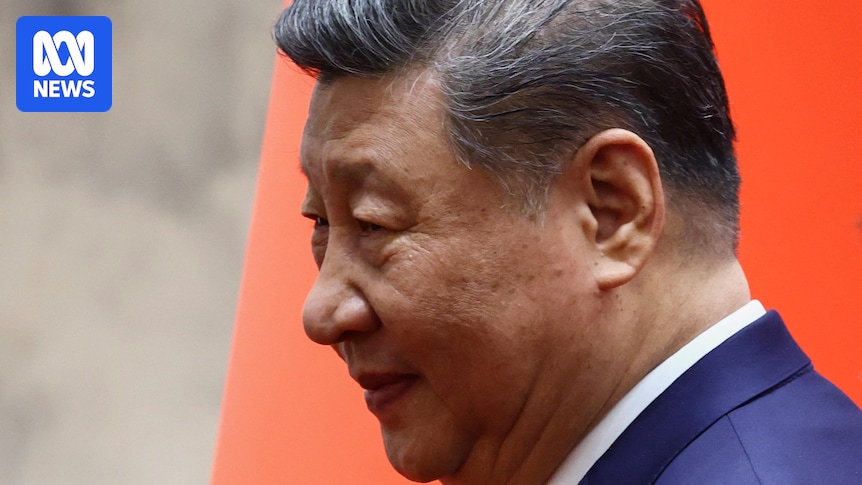
China-Taiwan-US triangle held together by assumptions and one dangerous lie
Xi Jinping cannot absorb Taiwan.
Lai Ching-te cannot declare independence.
Donald Trump will defend Taiwan if China attacks.
Two of these assumptions hold. One is the lie — and which one you choose likely depends on your politics.
This week,…
Continue Reading
-
UNIFIL statement (2 January 2026)
Earlier today, peacekeepers on patrol near Kafer Shouba reported fifteen rounds of small arms fire that struck no more than fifty metres away from them.
Less than twenty minutes later, peacekeepers in a second patrol in the same area…
Continue Reading
-

Grok Is Being Used to Depict Horrific Violence Against Real Women
BRENDAN SMIALOWSKI/AFP via Getty Images Earlier this week, a troubling trend emerged on X-formerly-Twitter as people started asking Elon Musk’s chatbot Grok to unclothe images of real people. This resulted in a…
Continue Reading
-
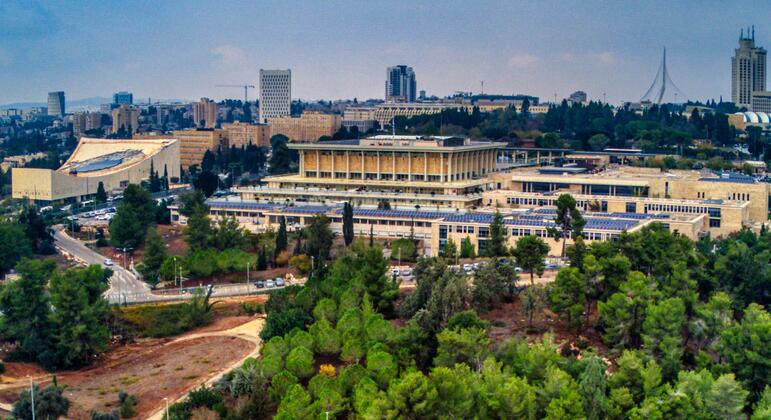
Drop draft proposals on death penalty for Palestinians, UN rights chief urges Israel
High Commissioner Volker Türk said the series of draft proposals before Israel’s Knesset raise grave concerns over discrimination, due process violations, and breaches of international human rights and humanitarian law.
“When it comes to the…
Continue Reading
-
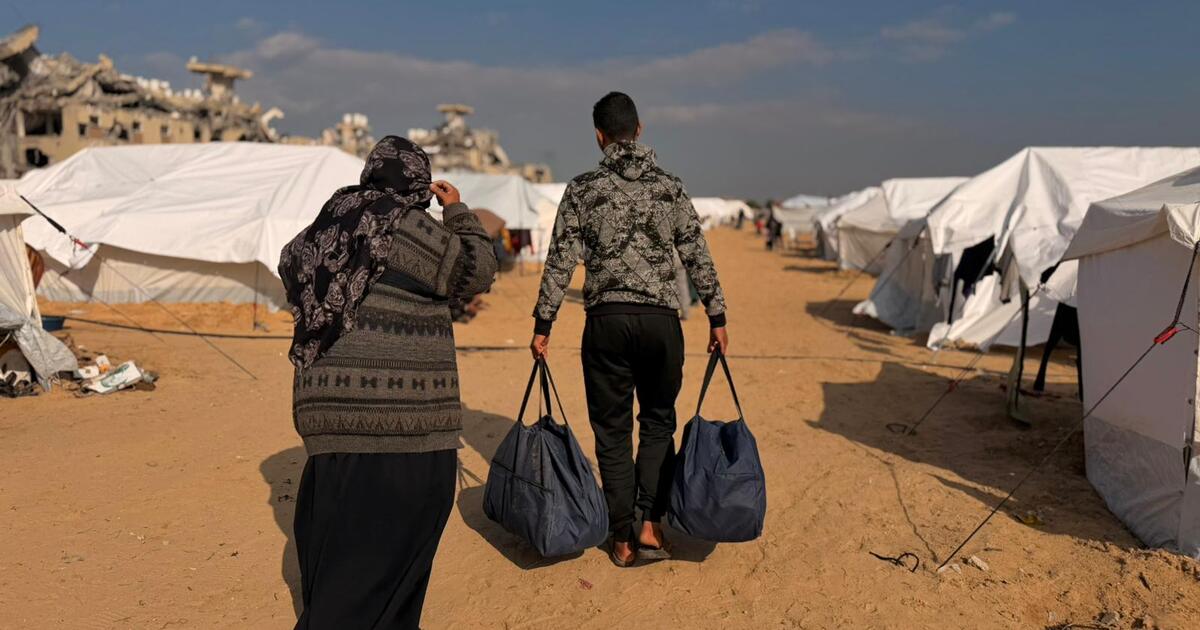
Today’s top news: Occupied Palestinian Territory, Sudan
#Occupied Palestinian Territory
Humanitarians race to protect families from winter storms
OCHA reports that humanitarians in Gaza continue to help the most vulnerable families as harsh winter conditions leave hundreds of thousands of…
Continue Reading
-
Amid Poetry, Song and the Cold, Mamdani’s Inauguration Evokes Hope – The New York Times
- Amid Poetry, Song and the Cold, Mamdani’s Inauguration Evokes Hope The New York Times
- Four challenges facing New York City Mayor Mamdani BBC
- New York Mayor Mamdani vows to enact democratic socialist agenda Dawn
- The Full Transcript of Zohran…
Continue Reading
-
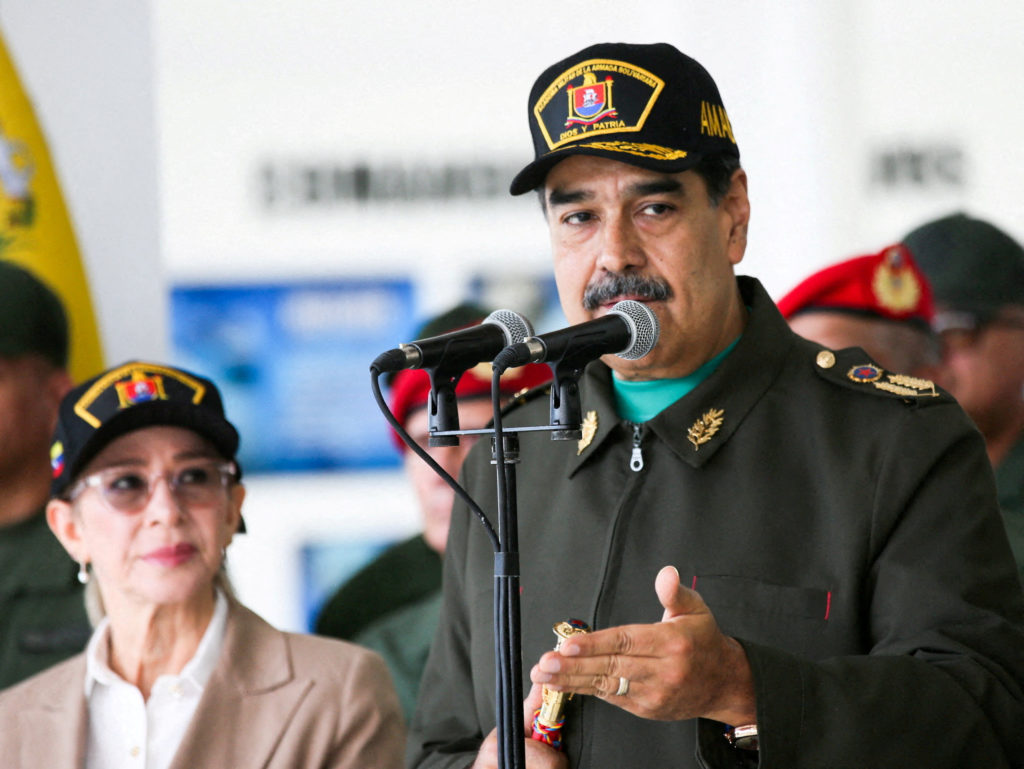
Maduro says Venezuela is open to U.S. talks on drug trafficking, but keeps mum on CIA strike
CARACAS, Venezuela (AP) — Venezuela is open to negotiating an agreement with the United States to combat drug trafficking, the South American country’s President Nicolás Maduro said in a pretaped interview aired Thursday…
Continue Reading
-
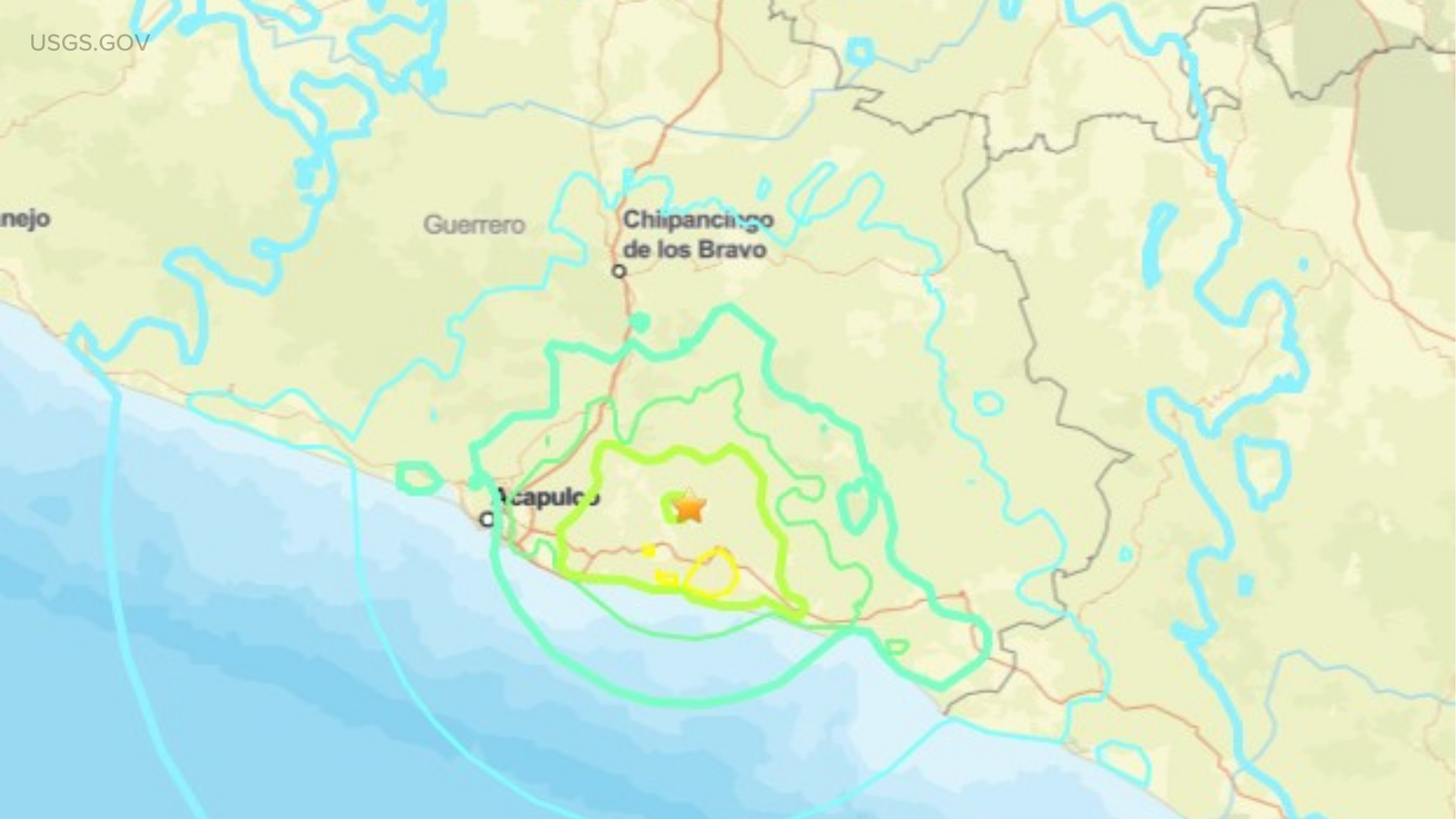
Earthquake with 6.5 magnitude rattles southern and central Mexico, killing 2
MEXICO CITY — A strong earthquake rattled southern and central Mexico on Friday, interrupting President Claudia Sheinbaum ‘s first press briefing of the new year as seismic alarms sounded and leaving at least two people dead.
The earthquake had a…
Continue Reading
-
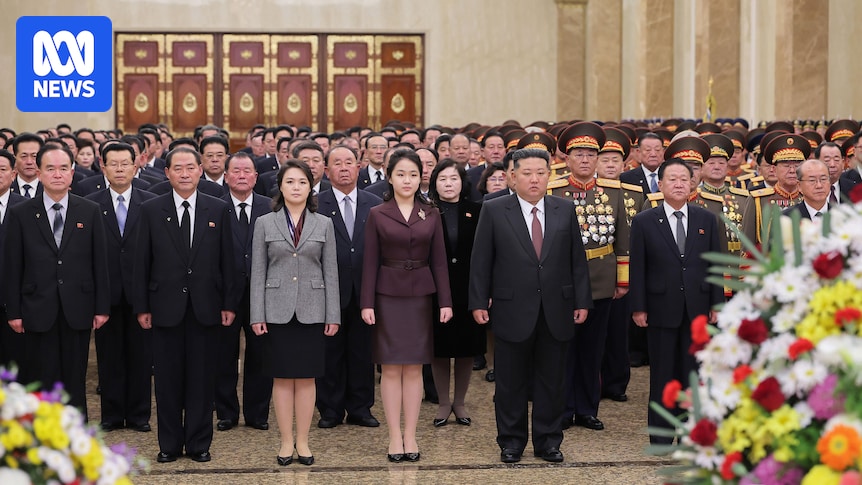
Kim Jong Un’s daughter makes public visit to state mausoleum
The teenage daughter of North Korean leader Kim Jong Un has made her first known visit to a sacred family mausoleum, a step that some experts say bolsters her status as her father’s potential heir.
The visit, which occurred on New Year’s Day on…
Continue Reading